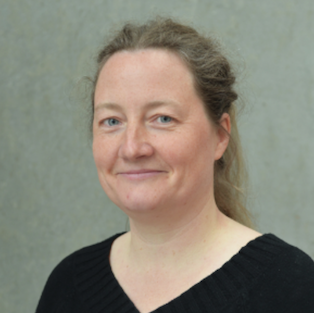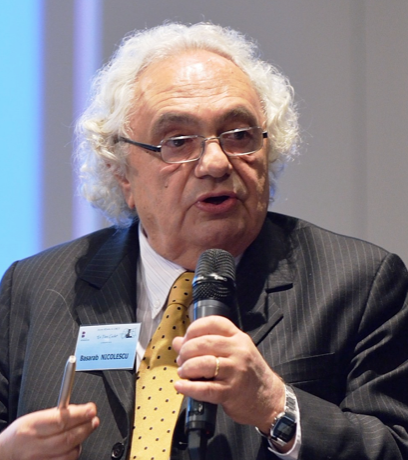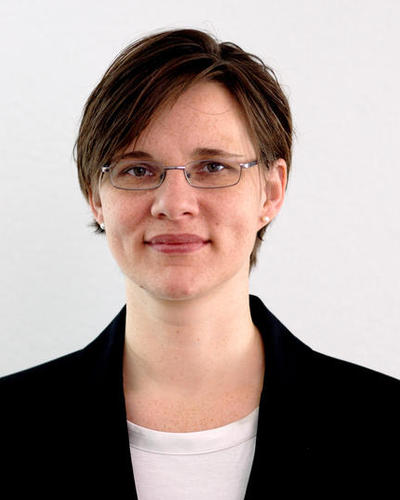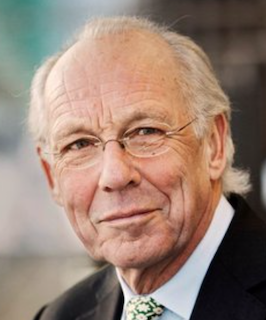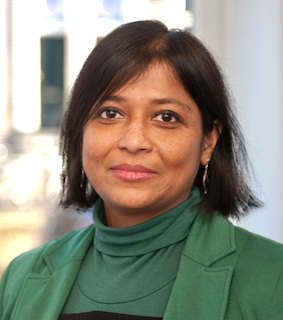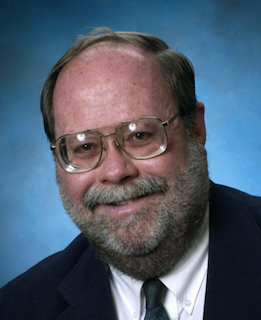Key Speakers
Paul James is Professor at Western Sydney University and Research Director of Global Reconciliation, an international organisation based in Australia that has been doing work in zones of conflict around the world including Sri Lanka and the Middle East, bringing people together in ongoing dialogue. He is on the Council of the Institute of Postcolonial Studies, Honorary Professor at King's College London, and a Fellow of the Royal Society of the Arts (London). He is an editor of Arena Journal, as well as an editor/board-member of nine other international journals, including Globalizations and Global Governance. He has delivered invited addresses in over thirty countries and is author or editor of 31 books including, most importantly, Globalism, nationalism, tribalism (Sage, 2006). He was Director of the United Nations Global Compact, Cities Programme (2007–2014).
Valeria Jana Schwanitz is professor at University of Western Norway. She is an energy economist with experience in first principle models, energy system modeling and empirical analysis of coupled human-nature systems in the context of climate change and sustainable development. She focus her research on three areas: 1) data-driven analysis of energy and technology systems, 2) integrated assessment of human-nature systems, and 3) epistemology of integrated assessment modeling. At the department of natural sciences and engineering she is a contact person for the European Energy Research Alliance (EERA) and the Norwegian Reference Group on Horizon 2020 Energy and SET plan. She is also working as an external assessor in the field of environmental technological change for Funding Programmes of the European Union (grant assessment, project assessment).
Basarab Nicolescu is an honorary theoretical physicist at the CNRS - Laboratoire de Physique Nucléaire et de Hautes Énergies, University of Pierre and Marie Curie. He is a specialist in the theory of elementary particules and author of more than one hundred thirty articles in leading international scientific journals. He is also the president and founder of the International Center for Transdisciplinary Research and Studies (CIRET), a reconcilation between Science and Humanities. He published many articles on the role of science in contemporary culture. The Academy of Transdisciplinary Learning and Advanced Studies (ATLAS), Texas, USA decided to institute the "Basarab Nicolescu Transdisciplinary Science & Engineering Award". The first prizes were attributed in 2014.
Birgit Kopainsky is Professor in system dynamics at the Department of Geography, University of Bergen, Norway, and lecturer at ETH Zurich in Switzerland. She is also managing partner of an applied research and consulting company in agricultural and regional economics in Switzerland. She holds a PhD in agricultural economics from ETH Zurich, Switzerland. As a systems thinker and modeler, she is passioned for learning in and about food and other social-ecological systems. In her work, she engages with a wide range of stakeholders by creatively adapting proven tools and techniques from systems thinking and system dynamics modeling to advance decision-making in social ecological systems and to achieve breakthrough moments of understanding for those stakeholders to become champions of change towards resilience and sustainability.
Jorgen Randers is professor emeritus of climate strategy at the BI Norwegian Business School, where he works on climate and energy issues, scenario analysis and system dynamics. He lectures and advises widely all over the world for corporate and non-corporate audiences. Jorgen Randers has spent one third of his life in academia, one third in business and on third in the NGO world. He has been chair of three banks, and non-executive member of many corporate boards in Norway and deputy director general of WWF International. He sits on the sustainability council of Astra Zeneca in the UK and on the Executive Committee of the Club of Rome.He has written a number of books and scientific papers. He co-authored The Limits to Growth in 1972 and its sequels in 1992 and 2004. In 2012 he published “2052 – A Global Forecast for the Next Forty Years”, which is now available in 8 languages in 150.000 copies. Reinventing Prosperity
Joyeeta Gupta (TBC) is full professor of environment and development in the global south at the Amsterdam Institute for Social Science Research of the University of Amsterdam and IHE Delft Institute for Water Education in Delft. She is was co-chair of UN Environment’s Global Environmental Outlook-6 (2016-2019) which was recently presented to 195 governments participating in the United Nations Environment Assembly in March 2019. She is editor-in-chief of International Environmental Agreements: Politics, Law and Economics (IF 2.0) and is on the editorial board of journals like Carbon and Law Review, International Journal on Sustainable Development, Environmental Science and Policy, Current Opinion in Environmental Sustainability, Catalan Environmental Law Journal, Review of European Community and International Environmental Law and the new International Journal of Water Governance. She was and continues to be lead author in the Intergovernmental Panel on Climate Change which shared the 2007 Nobel Peace Prize with Al Gore and of the Millennium Ecosystem Assessment which won the Zaved Second Prize. She has published extensively. She is on the scientific steering committees of many different international programmes including the Global Water Systems Project and Earth System Governance.
Joseph Tainter received his Ph.D. in Anthropology from Northwestern University in 1975. He has taught at the University of New Mexico and Arizona State University, and until 2005 directed the Cultural Heritage Research Project in the Rocky Mountain Research Station. He has been a professor in ENVS since 2007, serving as Department Head from 2007 to 2009. His study of why societies collapse led to research on sustainability, with emphases on energy and innovation. He has also conducted research on land-use conflict and human responses to climate change. |


